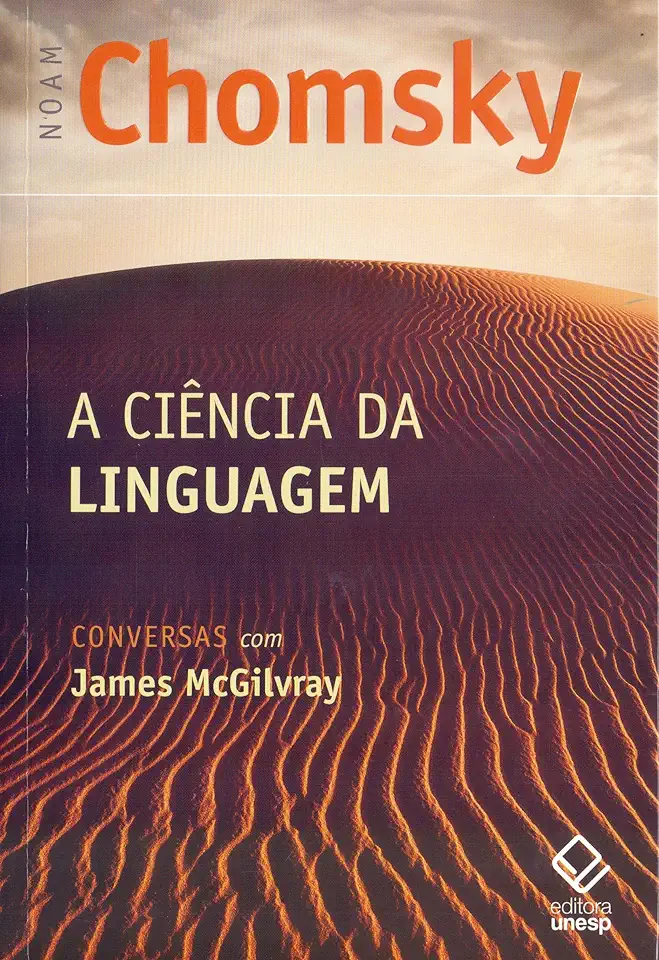
The Science of Language - Noam Chomsky
The Science of Language: Unveiling the Mysteries of Human Communication
Introduction: Exploring the Essence of Language
In the realm of human cognition, language stands as a remarkable phenomenon, a complex system that enables us to communicate, express ideas, and shape our understanding of the world. In his groundbreaking work, "The Science of Language," renowned linguist Noam Chomsky delves into the intricate mechanisms that govern human language, offering a comprehensive exploration of its nature, origins, and universal principles.
Unraveling the Structure of Language
Chomsky's approach to language analysis is rooted in the belief that language is not merely a collection of words and grammar rules but a systematic and structured system. He introduces the concept of "universal grammar," arguing that all human languages share certain fundamental principles and structures, regardless of their cultural or geographical variations. This revolutionary idea challenges traditional notions of language as a product of cultural evolution and emphasizes the innate, biological basis of human language capacity.
The Innate Language Faculty
Central to Chomsky's theory is the concept of the "language acquisition device," an innate mental mechanism that enables humans to acquire and use language. This innate faculty, he argues, is responsible for the remarkable ability of children to learn language rapidly and effortlessly, even in the absence of explicit instruction. Chomsky's insights into the innate nature of language have revolutionized our understanding of human cognition and development.
Language and the Mind
Chomsky's work extends beyond the study of language itself, exploring the profound implications of language for our understanding of the human mind. He argues that language is not simply a tool for communication but a window into the workings of our cognitive processes. By analyzing the structure and complexity of language, we gain insights into the nature of thought, consciousness, and the very essence of human intelligence.
The Significance of Language Universals
Chomsky's emphasis on universal principles in language has far-reaching implications for fields such as linguistics, psychology, and philosophy. The discovery of universal grammatical structures across diverse languages suggests that human cognition is not entirely shaped by environmental factors but rather guided by innate constraints. This understanding challenges traditional empiricist theories and highlights the role of biological factors in shaping human cognitive capacities.
Applications and Implications
The insights gained from Chomsky's work have practical applications in various fields. In language education, his theories have influenced the development of teaching methods that emphasize the innate language-learning abilities of children. In artificial intelligence, Chomsky's ideas have inspired the creation of natural language processing systems that aim to replicate the complexities of human language comprehension.
Conclusion: A Transformative Journey into the Science of Language
"The Science of Language" is a seminal work that has revolutionized our understanding of human language and cognition. Chomsky's groundbreaking theories, supported by rigorous scientific evidence, challenge conventional notions and offer a profound new perspective on the nature of human communication. This book is a must-read for linguists, psychologists, philosophers, and anyone fascinated by the intricacies of human language and the workings of the human mind. Embark on this transformative journey into the science of language and discover the remarkable insights that await you.